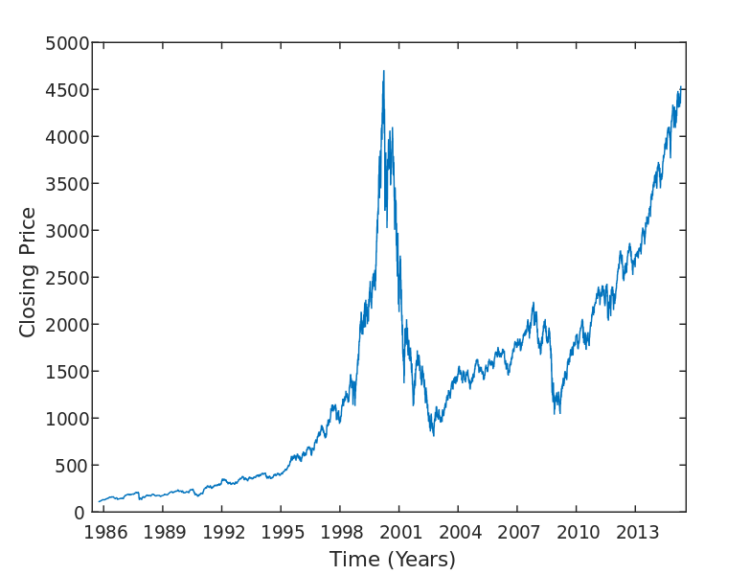New ‘safe harbor’ provision prompts increased scrutiny of target companies’ compliance
- DOJ policy shift reinforces the need for deep due diligence in M&A
- Acquirers can disclose potential wrongdoing and avoid prosecution
- One-year ‘safe harbor’ provision encourages increased due diligence
- Post-deal diligence crucial for uncovering problems
- Buyers may invest more in compliance and due diligence after acquisition
- Rep and warranty policies may not cover wrongdoing during safe harbor period
- Compliance integration and quick integration of compliance functions important
- National security concerns impact defense sector and sensitive technologies
- Acquisitions with exposure to corruption, sanctions, export controls, and trade restrictions affected
- Integration process key for successful deals in heavily regulated industries
A recent policy shift by the Department of Justice (DOJ) regarding the disclosure of potential wrongdoing in mergers and acquisitions (M&A) has highlighted the importance of thorough due diligence in these transactions. Under the new policy, if an acquiring company discloses potential wrongdoing at a target company within six months of the deal closing and fully cooperates in fixing the issues within a year, it can avoid prosecution by the DOJ. This one-year ‘safe harbor’ provision is expected to encourage acquirers to conduct more extensive and faster due diligence. The period after the deal closes will be particularly crucial for uncovering any problems that need to be reported to the DOJ. Private-equity firms, for example, will likely invest more in post-deal due diligence to ensure compliance and identify any hidden issues. While representations and warranty coverage can provide financial protection, it should not replace effective due diligence. The new policy also emphasizes the need for quick integration of compliance functions at both the acquiring and target entities. National security concerns will have a significant impact on acquisitions in the defense sector and businesses with sensitive technologies. Companies with exposure to corruption, sanctions, export controls, and trade restrictions will also face increased scrutiny. Overall, the integration process and compliance integration will be key factors in successfully navigating M&A deals, especially in heavily regulated industries.
Factuality Level: 7
Factuality Justification: The article provides information about a new policy announced by the Justice Department regarding the disclosure of potential wrongdoing in mergers and acquisitions. It includes quotes from corporate advisers and legal experts who discuss the implications of the policy. The article does not contain any obvious misinformation or bias, but it does not provide a comprehensive analysis of the topic and could benefit from more in-depth reporting.
Noise Level: 7
Noise Justification: The article provides information on a new policy announced by the Justice Department regarding the disclosure of possible wrongdoing in mergers and acquisitions. It discusses the implications of the policy for buyers and emphasizes the importance of due diligence and compliance efforts. The article also mentions the impact of the policy on national security concerns and provides insights from legal experts. Overall, the article stays on topic and provides relevant information, but it lacks scientific rigor and intellectual honesty as it relies mostly on quotes from corporate advisers and legal experts without providing much evidence or data to support its claims.
Financial Relevance: Yes
Financial Markets Impacted: The new policy around the disclosure of possible wrongdoing in mergers and acquisitions may impact the due diligence process and deal negotiations in the corporate sector.
Presence Of Extreme Event: No
Nature Of Extreme Event: No
Impact Rating Of The Extreme Event: No
Rating Justification: The article discusses a policy shift in the Justice Department regarding the disclosure of potential wrongdoing in mergers and acquisitions. While this policy change does not describe an extreme event, it does have implications for the financial markets and companies involved in such transactions.
Private Companies: King & Spalding,Morgan Lewis,QBE North America,Sullivan & Cromwell,Arnold & Porter Kaye Scholer
Key People: Lisa Monaco (Deputy Attorney General), Tim FitzSimons (Partner at King & Spalding), Justin Weitz (Partner at Morgan Lewis), Paige Brewin (Head of Transactional Liability at QBE North America), Melissa Sawyer (Global Head of M&A Group at Sullivan & Cromwell), Lisa Monaco (Deputy Attorney General), Deborah Curtis (Partner at Arnold & Porter Kaye Scholer), Drew Hruska (Partner at King & Spalding), David Smagalla (Author)
 www.wsj.com
www.wsj.com 





